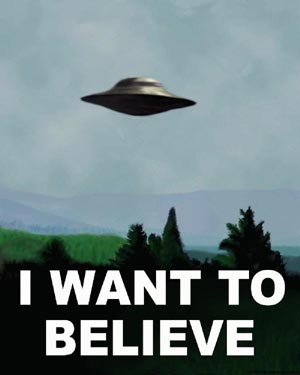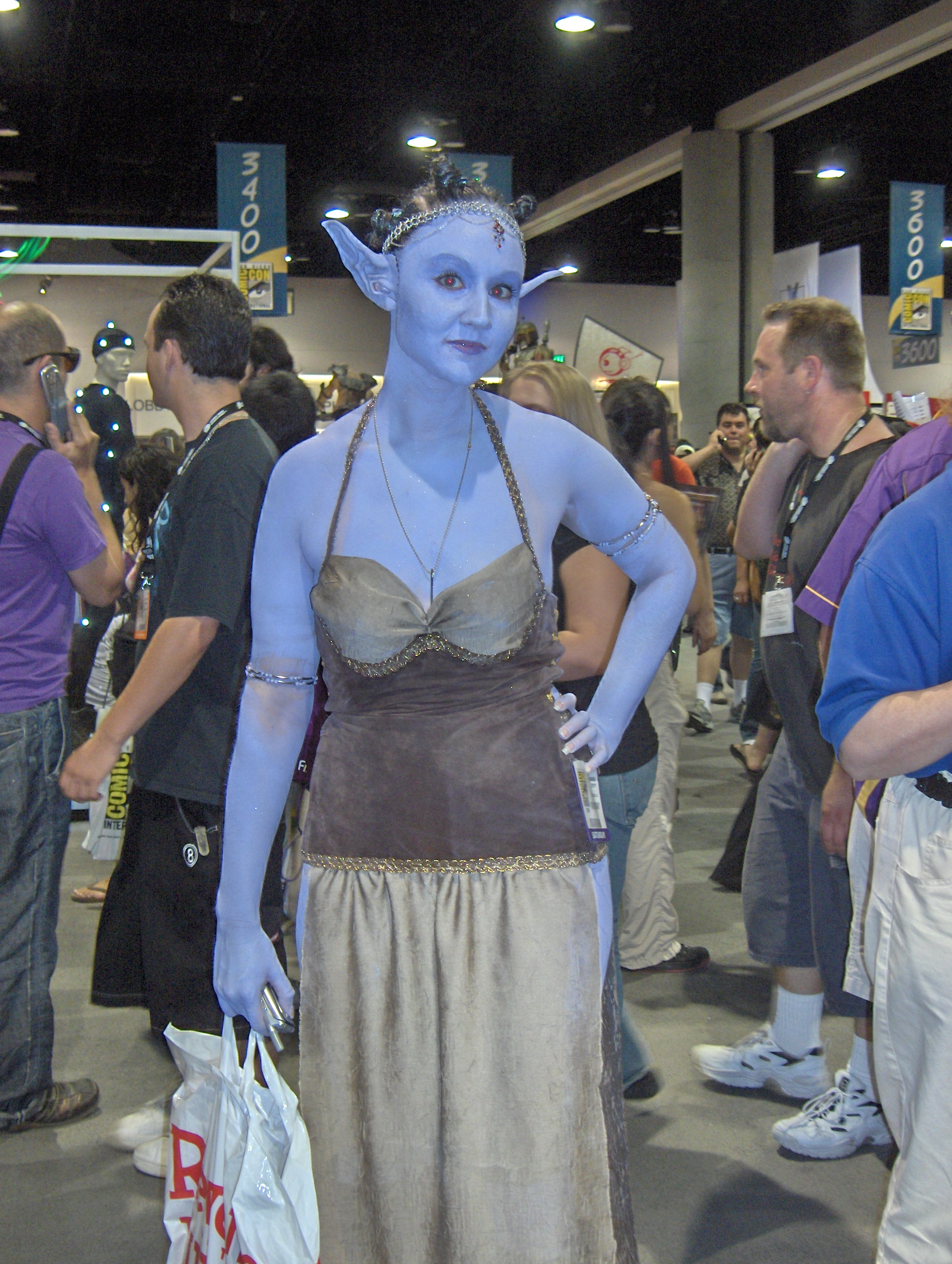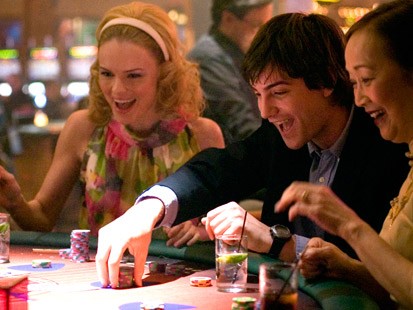List: The Top 25 Law Movies
Posted on July 26, 2008 at 8:00 am
The magazine published by the American Bar Association has assembled a list of the 25 best movies about the law, with another 25 on the list of runners-up. I am a lawyer from a family of lawyers and we all love movies about the law. Just about every lawyer I know would agree with the ABA’s assessment that “To Kill a Mockingbird” is the all-time best.
I’d like to say that it is because I am a lawyer that I have such a passion for courtroom dramas, but I think it is more accurate to say that I became a lawyer because I was so inspired by films like To Kill a Mockingbird and Anatomy of a Murder
. I even wrote a law review article about two of my favorites, Miracle on 34th Street and Inherit the Wind
.
I am partial to the movies based on real-life cases like “Philadelphia,” “Amistad,” and “Erin Brocovich.” Another of my favorites, “Inherit the Wind,” includes dialogue lifted straight from the court transcripts. “Anatomy of a Murder has the additional distinction of being based on a book by a judge and having a real-life judge and American hero playing the part of the judge on screen. And it is the only law movie I can think of where one of the highlights is a lawyer finding the right precedent in the law library.
I know it is a popular movie, but I was surprised to find “The Verdict” on the ABA’s list, even with Paul Newman’s Oscar-winning performance. It is wrong on so many points of law that my law professor sister said she could ask her students to find all the errors as an exam for her Civil Procedure class. All of the movies on the full list, including the honorable mentions, are worth watching. There is something inherently gripping about a courtroom drama, as “Law and Order” shows several nights a week.
Interestingly, though, one of the most widely seen and highly regarded of the films takes place entirely outside the courtroom: 12 Angry Men. A friend recently gave me a copy of a a special issue of the Chicago-Kent Law Review dedicated to the 50th anniversary of that classic movie.
In , all but a few moments of the film take place in one room as a dozen men deliberate in a murder case. A teenager has been charged with stabbing his father to death. In the initial vote, all but one (Henry Fonda as Juror #8) vote “guilty.” I go on jury duty myself for the first time after Labor Day and will keep this movie very much in mind as I try to live up to one of society’s most important responsibilities.




